Are you unsure if your skin is dry or dehydrated? If that’s the case, you’re not alone. Many people believe that they have the same condition or that their skin is dry when it is actually dehydrated, and vice versa. This is a concern because although they have some similar features, they are in fact two separate problems with their own treatments and judgments to make. You may be making things worse instead of better if you treat one like the other.
We’ll start by explaining what dehydrated skin is and how it differs from dry, mucky, or combination skin. Following that, we’ll go over some of the most common indicators so you can tell whether you have it or not. Finally, we’ll conclude with some recommendations for improving your natural moisture barrier and discussing why it’s so crucial.
Contents
What Is The Difference Between Dry & Dehydrated Skin?
Many of the symptoms and indicators of dry and dehydrated skin are similar, but they are in fact quite distinct. Here’s a quick comparison between these two skincare issues:
Dry Skin
The skin on your face, particularly if it’s dry, is classified as a skin type. A dry skin type is one that is inclined to a lack of natural oil production in the skin. Dry skin can also be attributed to hormonal imbalances or an underactive thyroid.
This may limit sebum production in your skin, resulting in a grim and lifeless look about it. While your dry skin type cannot be changed, you may improve its appearance by incorporating oil-infused products into your skincare regimen.
Signs Of Dry Skin
- It’s mostly hereditary and owing to internal factors like hormonal imbalances or an under-active thyroid, which causes it to produce less sebum.
- More oil is needed.
- It requires constant moisturizing, no matter what the season.
- UV damage causes the skin to age more rapidly, resulting in wrinkle formation and fine lines.
- Skin has a dry, flaky feeling to it.
Dehydrated Skin
Dehydrated skin, on the other hand, is a dermatological ailment. External elements, an unhealthy diet, and life choices are to blame. All of these factors cause your skin’s water content to be depleted, resulting in a less supple look. Even oily skin types may become dehydrated; thankfully, dehydrated skin is short-term and can be treated with a mix of topical therapies and lifestyle modifications.
related articles
Are Blueberries Good For Your Skin?
Discover How Long Does Skin Purging Last?
Signs Of Dehydrated Skin
- It’s a problem that can affect any skin type.
- External elements such as food, environment, lifestyle choices, and the types of goods applied to it are responsible for dehydrated skin.
- More Water Needed.
- It’s ephemeral and comes and goes, making it an unlikely long-term natural occurrence.
- Acne-prone skin is more prone to clogged pores and breakouts.
- This is a combination of oily and dry.
6 Tips On How do you treat dehydrated skin?
To reverse dry skin, you must first improve your skin care regimen and general health. This implies hydrating from the inside out as well as topically treating dehydration.
1. Humidifier
Humidifiers can be a skincare life-saver, especially in the winter or if you live in a dry climate with little humidity. They are simple and relatively inexpensive solutions that you may put by your bedside and leave on overnight to humidify the air and give your skin a much-needed drink.
You may feel your skin appear fuller and healthier after using this product for a few days. They’re also compatible with humectants since they’ll have a source of water to pull to the surface of your skin.
2. Hyaluronic Acid Serum
Hyaluronic acid is a humectant that helps to keep skin soft and pillowy by binding and retaining moisture. This wonder ingredient serves as a hydrator by helping to bind and retain moisture. According to ELLE, hyaluronic acid has the ability to hold up to six liters of water and functions as a moisture magnet, ensuring that your cells retain as much of it as possible so that your skin appears hydrated, plump, and healthy.
3. Non-Foaming Cleanser To Remove Residue
This is most likely the biggest reason for dehydrated skin. After applying a cleanser, your skin should never feel tight or dry. It’s too harsh for your skin if it feels tight or dry after using a cleanser.
The harshest and irritating types of cleansers are generally foam-based. They also appear to be the most popular, perhaps because people perceive the suds and believe they’re doing something – a big mistake. It does work, but it works too effectively. If you see SLS or SLES in the list of ingredients, stay away; instead, seek a cleanser with a pH that is good for your skin’s health.
This means that it’s much easier to use than chemical-based cleansers since it won’t clog your pores and remove all of the good stuff. It also has the advantage of making an inhospitable environment for acne-causing germs p.acnes, which thrive in a pH range of 5 to 6.
4. Glycerin
It’s another natural humectant like hyaluronic acid, and it’s also called glycerol. It’s probable that your skincare regimen already includes a product containing glycerin, but if you think you need an extra boost, add a few drops of pure glycerin to your lotion or moisturizer.
Another benefit is that it imitates the natural moisturizing factor, which is a mix of lipids, amino acids, peptides, and other important components that function as your skin’s natural moisturizer. As we age, NMF decreases; therefore glycerin has a similar chemical structure and is well-tolerated by almost all skin types.
5. Use An Essence
Essence is one skincare product you don’t want to miss out on. This K-beauty standard promotes hydration, restores moisture, and protects skin from the damaging effects of environmental stressors by maximizing hydration.
Facial essences are loaded with deeply hydrating and antioxidant-rich compounds that can really benefit dehydrated skin. The snow mushroom and reishi mushroom in this light essence work together to moisturize and nourish the skin while also preventing free radicals from causing it to dry up.
6. Avoid Harsh Face Scrubs
Exfoliation is a simple yet effective method to lighten and revive a dull, dehydrated complexion. Healthy skin takes 25 days to replenish itself naturally, whereas dried skin needs even longer.
The process of exfoliating the surface layer sloughs away dead cells, revealing new, healthy cells underneath. Avoid abrasive scrubs that may irritate dehydrated skin; instead, use our Strawberry Rhubarb Dermafoliant for a mild exfoliant made with rice and chickpea flour.
How long does it take to rehydrate dehydrated skin?
The amount of moisturizer you use will determine how long it takes your skin to rehydrate. If you apply a lot of lotion each day, it might take between 1 and 2 weeks for your skin to heal.
The length of time it takes for your dehydrated skin to recover fully is determined by how effectively you hydrate and nourish its moisture barrier with regular application of essential components such as glycerin and olive oil, as well as minerals that retain water such as zinc oxide and titanium dioxide. When you start incorporating these essentials into your regimen, your skin will gradually become less dry while its moisture barrier improves.
How do dermatologists fix dehydrated skin?
Some dermatologists use intravenous fluids to replace fluids lost through diaphoresis. Others recommend oral rehydration therapy with or without electrolytes to restore the body’s moisture levels.
Dermatologists may also prescribe natural moisturizers that are specifically designed to hydrate dry skin. Patients are educated in how and when these products should be used, and often they’re advised not to bathe too frequently, which can further exacerbate skin problems. Dehydrated skin is treated like any other medical condition: by correcting the underlying cause whenever possible and then treating it with topical treatments (e.g., vitamin A and antibiotic creams) until it heals on its own; if the problem isn’t addressed, it will get worse over time.
Many things can cause the water content in your skin to drop, all putting you at risk of developing it. Environmental factors such as climates that are extremely hot and dry, air conditioning or central heating that’s too high or low, or just staying inside too much without any exposure to natural sunlight can all contribute to being dehydrated. It’s also worsened by high-alkaline soaps, cleansers, or shampoos that dry out your skin barrier. Even using products with poor formulations can give you dehydrated skin without you even realizing it.
Some medical conditions also make the body lose water through excessive sweating, urination, or bowel movements causing dehydration. These include diabetes, cystic fibrosis, and some heart conditions. In these cases, the symptoms are more noticeable as they’re combined with fever or chills.
How to Fix Your Moisture Barrier?
Dehydrated skin, as the name implies, is a problem linked to water – specifically the inability of the skin to retain it. The outermost layer of your skin, known as the stratum corneum, is made up of bacteria (both beneficial and harmful), sebum, and tightly packed cells all of which are involved in moisture-binding and sealing on its surface.
This is due to a loss of moisture in the skin, due to which its natural barrier has been damaged. Your skin rapidly loses moisture once this happens, and the oil glands that produce sebum over-compensate by increasing production even more than before.
That’s why dehydrated skin is greasy and scaly, and it breaks out more than normal-dry skin. It’s short on the water as well as producing way too much oil. At the same time, because the barrier has been damaged, it becomes more sensitive and irritated. It takes around 2 weeks for this barrier to fully heal once it has been damaged.
You don’t want to do anything that dries out your skin in the meantime. This might include specific skincare products, extreme heat or cold such as hot showers and chilly winds, low humidity, and a dry climate, as well as over-washing your skin, smoking, and binge drinking.
All of these aggravate the barrier, making it more difficult for your skin to stay moist. While you can’t change the weather or seasons, there are methods to work around them so that your skin may be at its healthiest all year round.
Conclusion
If you follow our suggestions, we’re sure that your skin will make a full recovery.
It all begins with recognizing whether you have actual dehydration or simply dry skin. Once you’ve figured out for sure, you’ll want to maximize the amount of moisture your skin receives while minimizing any harm or loss of moisture barrier.
Simple things like investing in a humidifier or utilizing a mild cleanser can help. Moisturize regularly, and seek for products with a humectant like hyaluronic acid or glycerin to keep your skin hydrated.
related articles
Vitamins for oily skin what are they and where to find them?
Why Is My Skin So Oily All of A Sudden: Tips for Improving Your Current Condition

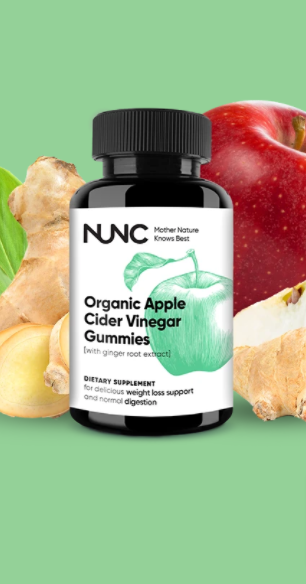



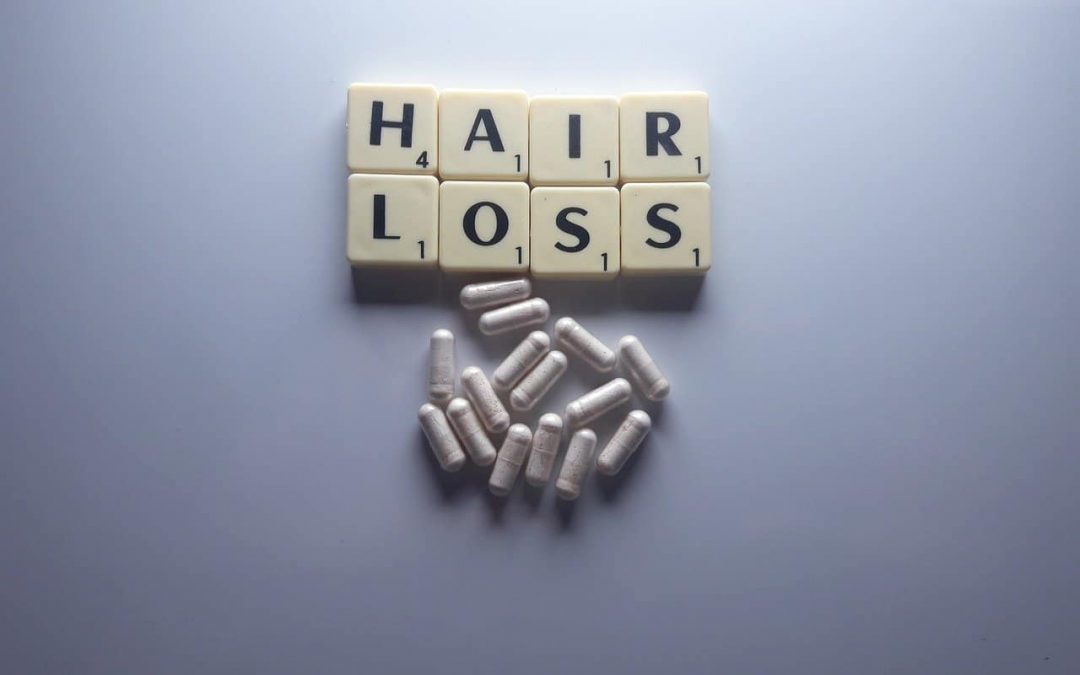
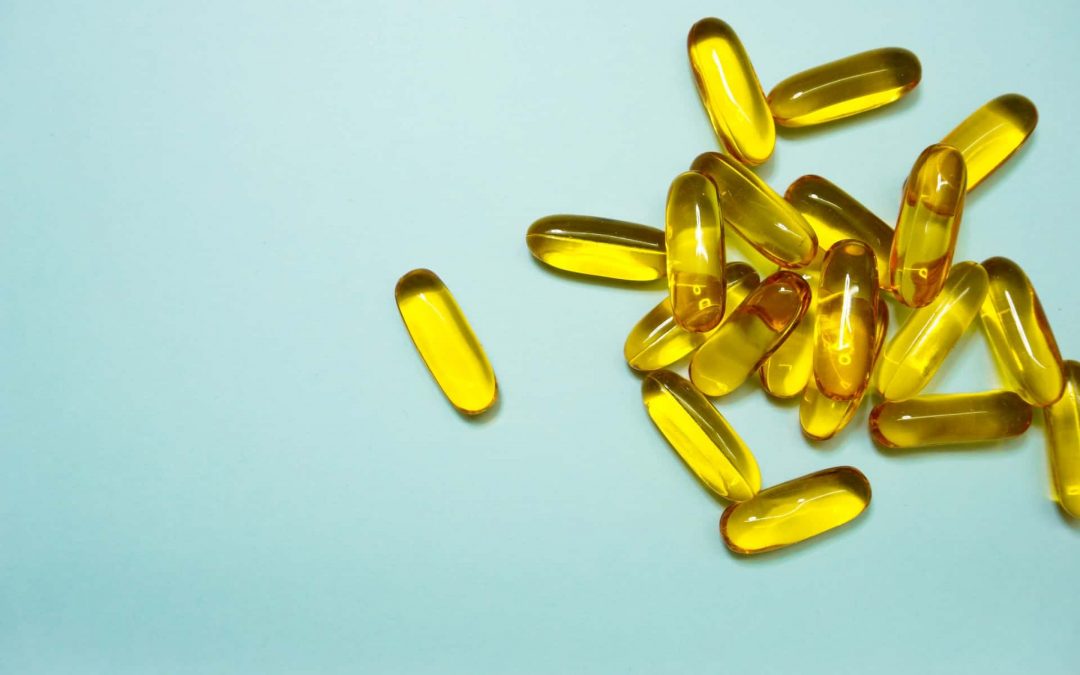
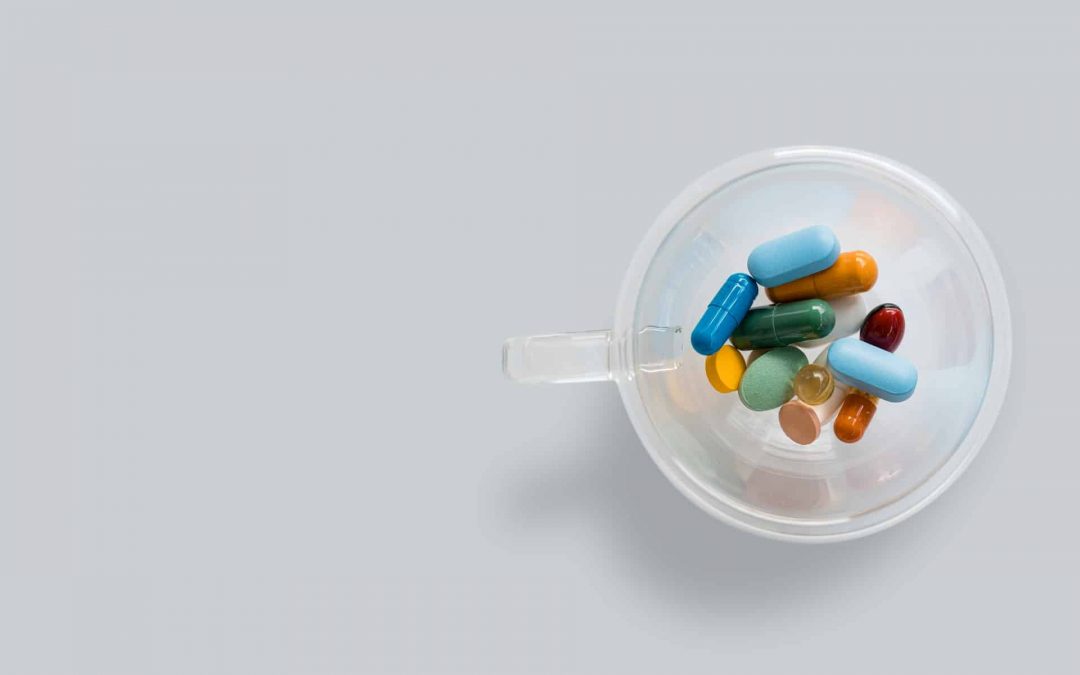
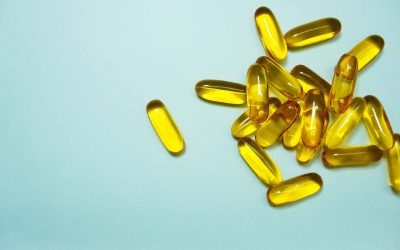


0 Comments